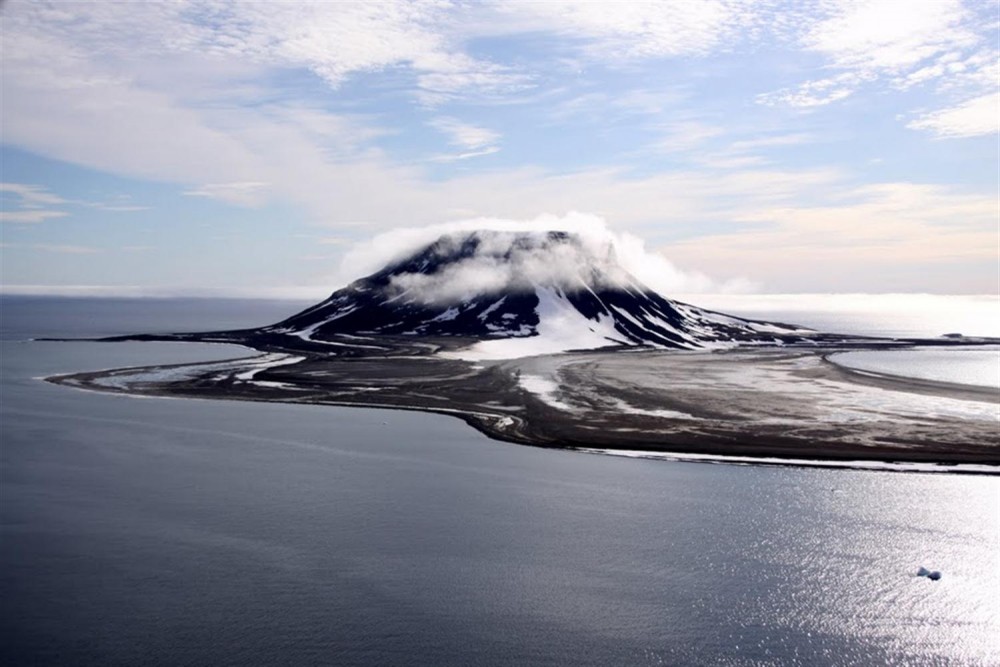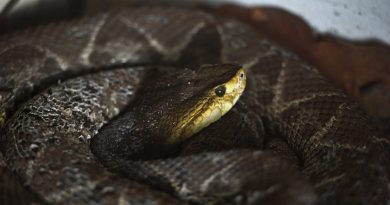Arctic national park expands, becomes Russia’s biggest

The whole of Franz Josef Land archipelago and surrounding waters are now included in the Arktika National Park. It will help protect vulnerable Arctic ecosystems, Minister Sergey Donskoy says.
With the inclusion of new land and sea areas, the national park now covers an area of 8,8 million hectares (88,000 sq. km.), the Ministry of Natural Resources informs. That is an expansion of 7,4 million hectares (74,000 sq. km.).
Initially, the national park covered only the northern parts of the Novaya Zemlya. After the expansion, it includes also the whole Franz Josef Land and the surrounding territorial waters, a press release says.
The Arktika National Park now becomes Russia’s biggest protected land and marine nature reserve.
“This will help us protect the rare Arctic animals and birds and their habitats,” Natural Resource Minister Sergey Donskoy says. “It is also important for the protection of the untouched islands and marine eco-systems of the northeastern part of the Barents Sea.”
Also initially, the Franz Josef Land had a lower level of nature protection (zakaznik).
“Without doubt, there are benefits from the merger of the two protected areas,” Alexander Kirilov, the director of the Arktika Park says in a comment published on the website of the park. “We will be better able to determine which areas are prohibited for tourists and which can be open.”
Franz Josef Land includes a total of 192 islands, stretching 375 km from east to west and 234 km from north to south.
Related stories from around the North:
Canada: Calls for protection of Canada’s Lancaster Sound, Radio Canada International
Finland: New environment minister blocks peat bog protection, Yle News
Sweden: Prospecting Boom Squeezes Sami Land, Radio Sweden
United States: Arctic Ocean may be next as Alaska officials seethe over ANWR move, Alaska Public Radio Network



